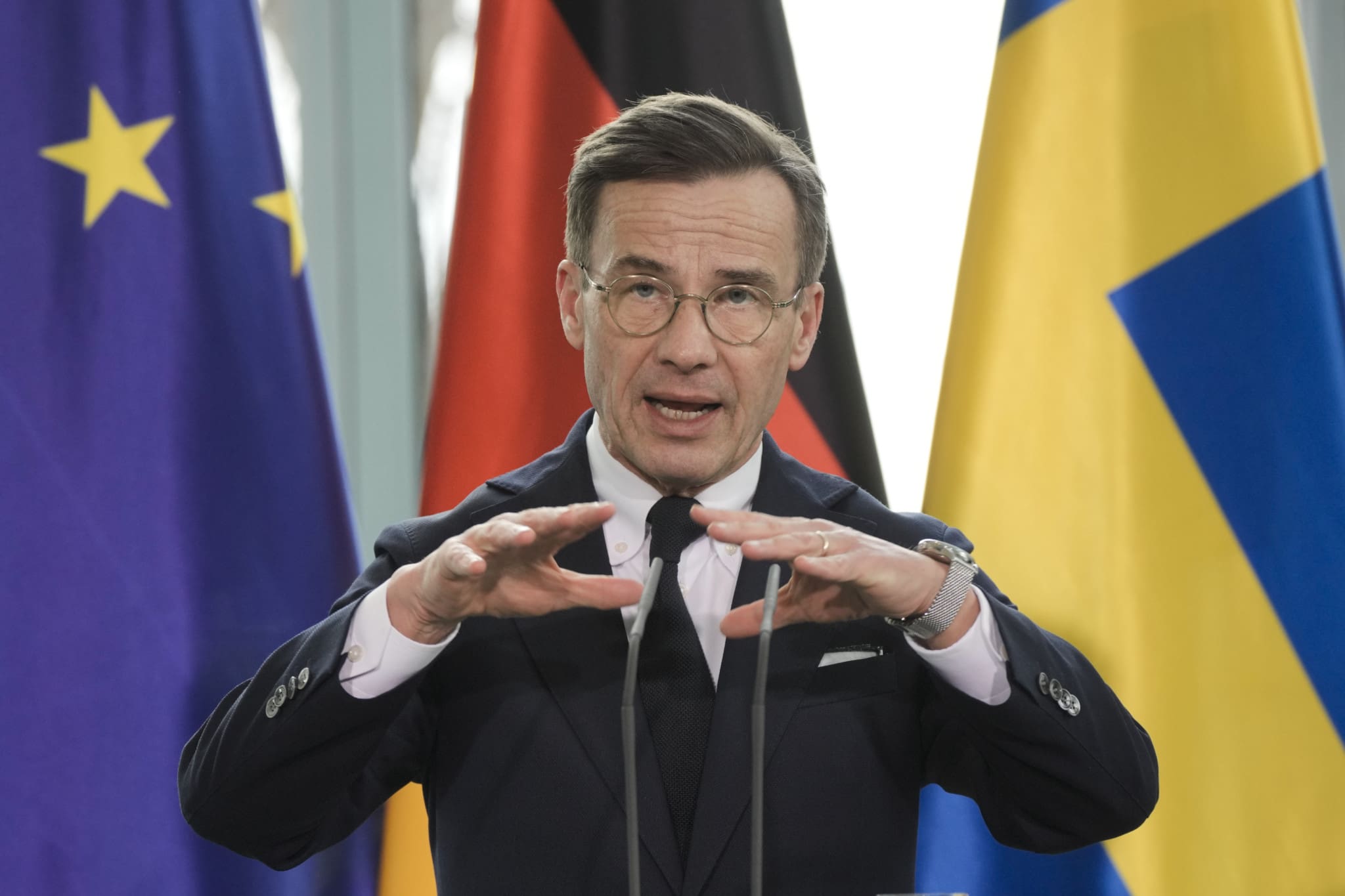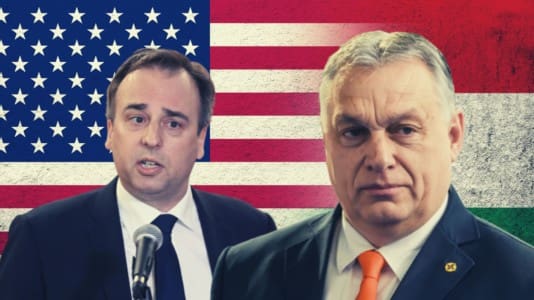Swedish Prime Minister Ulf Kristersson has called for a radical shift in the country’s migration policy, insisting it is too easy for foreign nationals to acquire Swedish citizenship and claiming many newcomers to the country do not understand the Swedish language or its laws.
Writing in the Aftonbladet newspaper on Tuesday to mark the National Day of Sweden, the leader of the center-right Moderate Party said that his government would ensure new arrivals have not committed crimes in their home countries, and appreciate and respect Sweden’s cultural heritage.
“Let me be clear: Massive immigration and poor integration just doesn’t work. That is why we are now changing Sweden’s migration policy and making it the strictest in the EU,” Kristersson wrote.
“A ‘no’ to asylum means ‘no’ and you have to leave the country. That should be obvious, but it’s not,” Kristersson noted. “Equally important, a ‘yes’ should mean that you really get involved in Swedish society,” he added.
The Swedish prime minister outlined several aspects of the country’s current migration policy he intends to reform, and said it is “high time for us to build Sweden together and bridge the exclusion.”
[pp id=75524]
First, migrants will need to reside in Sweden for longer than is currently required before they are eligible to apply for citizenship. They must also have knowledge of Swedish culture and customs, as well show how they plan to live an honorable way of life in the country and remain self-sufficient.
“It’s more than just a passport,” Kristersson said of Swedish citizenship. “It is a social contract and that social contract contains both rights and obligations.”
Second, those wishing to become Swedish citizens must appreciate the country’s common values, such as the right to equality in all aspects of life and the importance of family.
“In Sweden, gender equality prevails. Both men and women work here. In Sweden, adults can marry whomever they want. Here, both boys and girls have the right to both swim and play football. Here the children are their parents’ biggest responsibility in life, but here the children also have their own rights,” he explained.
Lastly, Kristersson explained the government will introduce a stronger focus on the Swedish language, which he explained “is the way into society and into our culture. It is the glue that binds us together.”
[pp id=74004]
He lamented the fact that up to now “there has been absolutely no expectation that anyone who comes to Sweden will really learn our language,” which he claimed has made Sweden “unique in a bad way.”
All new arrivals will soon be required to have a good command of the Swedish language, and there will be a requirement for schools to be stricter on speaking Swedish in class and to scale down catering to other languages.
Kristersson initially revealed his intention to reform Sweden’s migration policy upon forming a coalition government following his electoral success in October last year.
This, however, was in no small part due to the influence of the right-wing Sweden Democrats, the second-largest party in the Riksdag who are keeping him in power via a confidence and supply agreement on the proviso that he reduce the rate of immigration.






